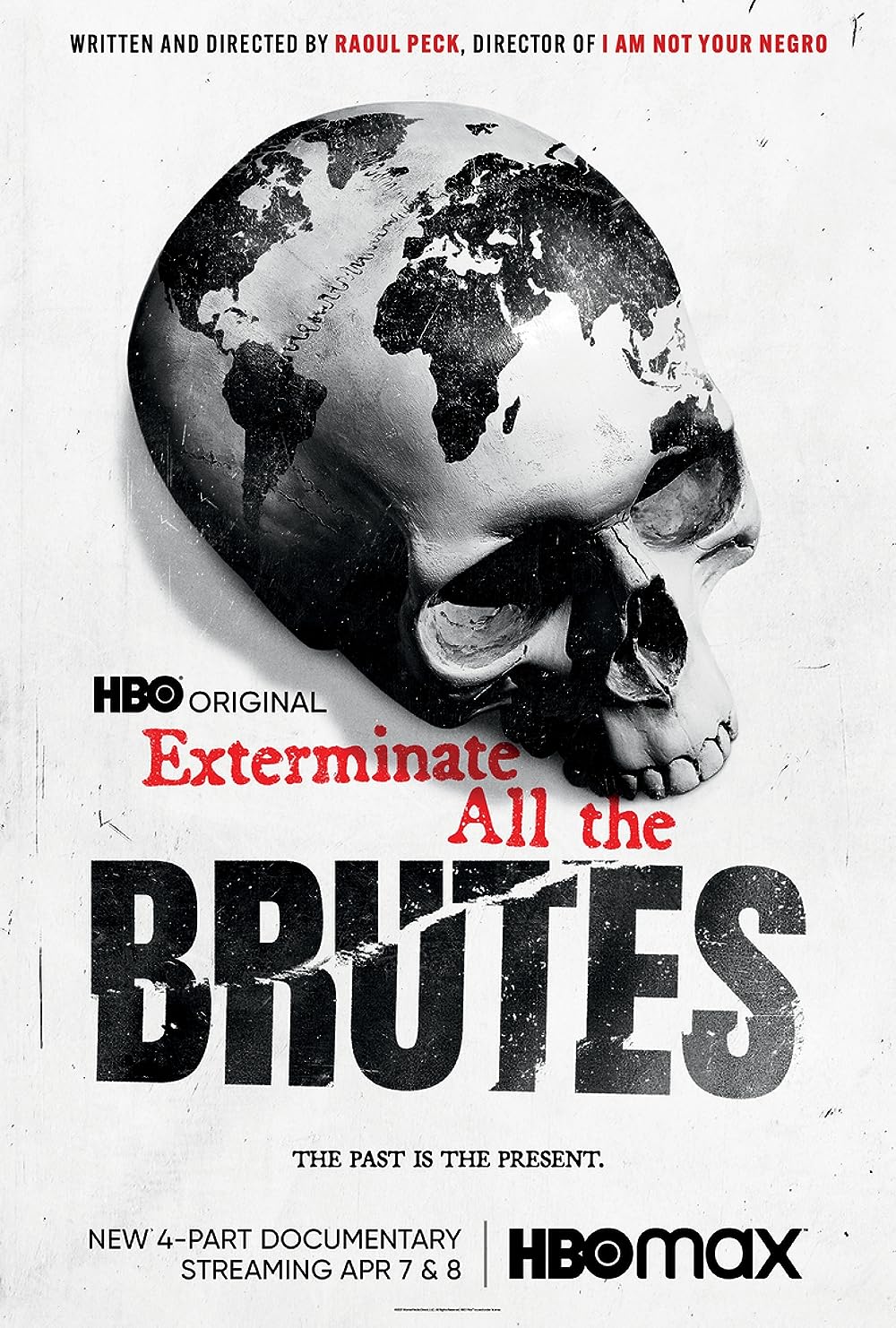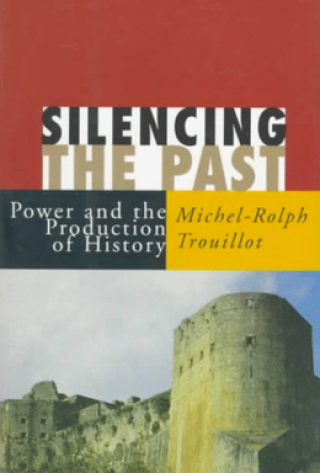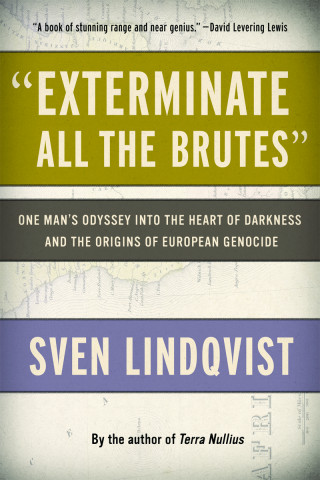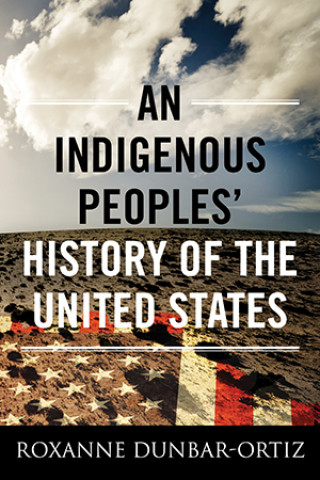Exterminate All the Brutes, Raoul Peck’s four-part film, situates the emergence of the land that would become the United States within an account of the global ambitions of European imperialism, using its ideologies and praxis of domination to organise the narrative: civilisation, colonisation and extermination. Peck takes his bearings from three works: Trouillot’s Silencing the Past, Sven Lindqvist’s Exterminate All the Brutes (1996) and An Indigenous Peoples’ History of the United States (2014) by Roxanne Dunbar-Ortiz. The film has been described as essayistic, but it would be more precise to say that it enacts these authors’ historical analyses: their arguments are so deeply embedded in the film that it becomes an intellectual collaboration, an alternative to the intellectually segregated university departments that currently disseminate knowledge about race, ethnicities and indigeneity.
The film breaks with conventional documentary-making in its use of scripted fictional scenes and animation, drawing on a rich visual, musical, literary and scientific vocabulary taken from a vast number of sources – everything from archival anthropological and scientific material to Hollywood films and Peck’s own family archive. It bears witness to acts of brutality characteristic of Western European forms of conquest and Christian missionary zeal in Africa, the Americas and Europe, and traces the beliefs, dressed up as science, that produced and attempted to justify this brutality, right of conquest and dispossession. This means moving from the Crusades to the many genocidal wars against Indigenous peoples, from atrocities committed in the name of manifest destiny and the Monroe Doctrine to the rabidly anti-migrant movements of our own times. The film does not limit its examination to extremist movements or leaders, although it features Jair Bolsonaro, Recep Tayyip Erdoǧan, Boris Johnson, Marine Le Pen, Vladimir Putin and Donald Trump. The idea that US supremacy is seen as being ordained by divine providence is underlined by an episode showing American presidents speaking the words ‘So help me God’ when reciting the Oath of Office, immediately followed by an account of the entanglement of the US arms industry with the executive branch of government.
The longue durée of what Dunbar-Ortiz calls the ‘inherently genocidal’ impulse of settler colonialism is difficult to watch. Exterminate makes its audience witness many forms of colonial brutality: from the intimacies of bodily dismemberment to the technologies that allow death and war to happen at a distance. Peck refuses to conform to narrative linearity, rejecting the idea that the current resurgence of white supremacist and state violence can be traced back to a single origin. Instead, we move across time and place, between Europe, Africa, the Caribbean and the Americas. The film is as restless as the images of huge ocean waves that occasionally mark its transitions.




